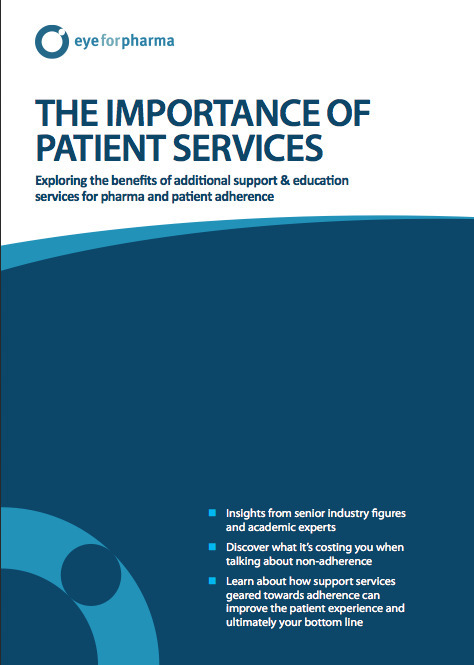Pourquoi y a-t-il autant de pharmacies en Grèce ? – La Tribune.fr
26/03/2014Pros and Cons of Using Fitness Trackers for Employee Wellness
26/03/2014Up to 70% of non-adherence is voluntary |
Patients who take medications as doctors direct may save as much as $7,800 each year.
An Eyeforpharma report has some great information on adherence. There are many reasons given by patients for not adhering to their prescribed treatment. The most obvious are that they simply forgot to take their medicine. This generally corresponds to only about 30% to 40% of cases. In other words, up to 70% of non-adherence is voluntary; people decide not to follow their therapy, either discontinuing it altogether (i.e. not being persistent) or not taking it as often as they should (non-compliant). Why?
Different studies supply different answers to that question, but they can generally be grouped into the following categories:
- Concerns about the medication …
- Impression that the medication is unnecessary …
- Financial worries …
- Forgetfulness …
- Cultural or religious beliefs …
- Depression …
- Inability to follow treatment …
The relative importance of these seven factors vary greatly across different patients, geographies and pathologies. Any effort by the pharmaceutical industry to support patients must first understand what they need, what the specific drivers are for non-adherence in the case of the treatment in question
Consider these faacts:
« US physicians spend on average 16 minuteswith a patient, but only 49 seconds explaining new treatments »
Of those 49 seconds, are spent talking about directions for administration and about side effects, while a clear understanding of side effects before initiating treatment has a positive as opposed to a negative effect on adherence.
Increased adherence to hypertension and cholesterol medicines would reduce healthcare spending by $4 to $5 for every new dollar spent on medicines.
A 10% adherence to asthma medications was associated with a nearly 5% decrease in total annual medical spending.
Patients who take medications as doctors direct may save as much as $7,800 each year.
See on worldofdtcmarketing.com




